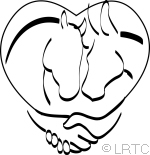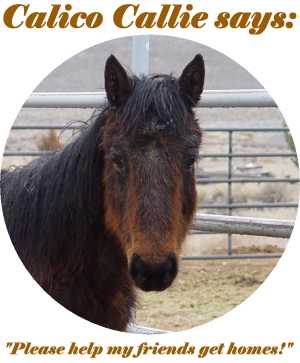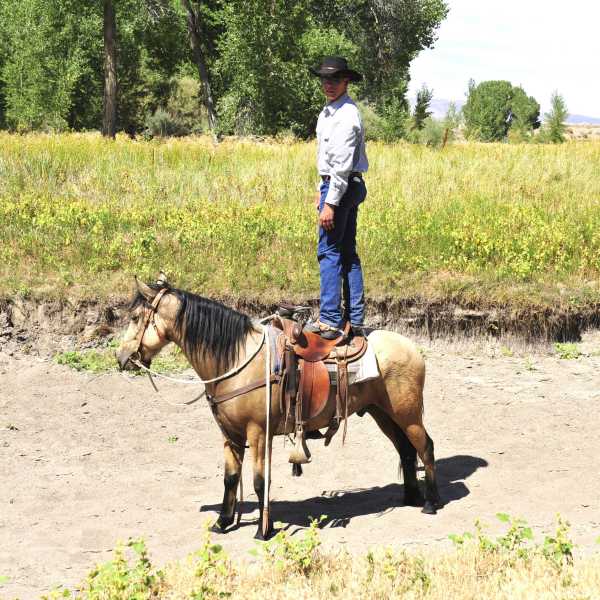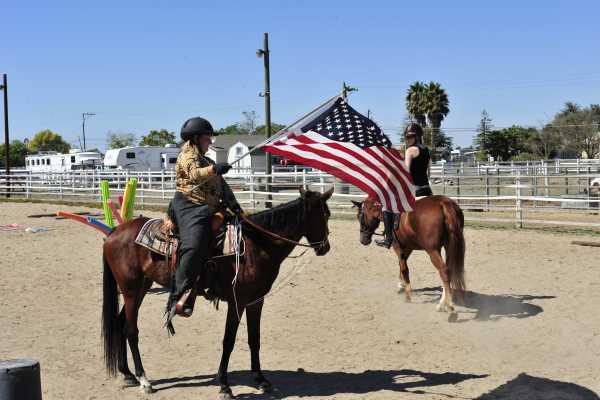
|
Least Resistance Training Concepts
|

|
|
"Calico Callie" was gathered at Paiute Meadows in the Calico Mountains Complex. She was from the Black Rock East herd. She was found on the range with no mother and came in as an underweight orphan, estimated to be about 8 months old. BLM facilitated an "early adoption" of Callie to LRTC Lucky Horse Rehabilitation Project Manager Shirley Allen. As a veteran with orphan foals, Shirley can give Callie personal attention, provide her with appropriate foal supplements, and let her socialize with people and with the other horses at the Lucky Horse project. These activities were sponsored by Maryland advocate Janet Lacetera. One simple act of kindness made a great difference for this horse.
Shirley does not intend to keep Callie. When Callie is well adjusted and robust she will need a permanent adopter. This adopter will need to meet BLM's requirements in order for BLM to reassign the adoption to a new party. More importantly, as the current adopter of record Shirley can make sure that Callie is placed in a wholesome and supportive environment before she gives Callie up for reassignment. The Calico Mountains Complex gather has concluded but there is still much work to be done. Separate from the issues of range and horse management for which there will continue to be much debate, the fate of the horses that have been removed from the range is an ongoing issue. These horses need to be placed in good quality homes with appropriately skilled adopters. Every horse that gets placed in a good home is a success story for both the horse the adopter. While advocates focus on protecting horses on the range, let's not abandon the horses that have been brought into the holding facilities. True sanctuary options are limited so the most practical option for horses that have been permanently removed from the range involves adoption. Horses are socially adaptable animals. When placed in a wholesome and stimulating environment they can become quite comfortable in the human environment. The key element to success involves adopters who have realistic expectations and the appropriate skill set to help their horses make a safe transition to "domestic" life and to flourish in the domestic environment. Horses and humans can become friends. A couple of "old friends" attending a rally in Carson City
|



